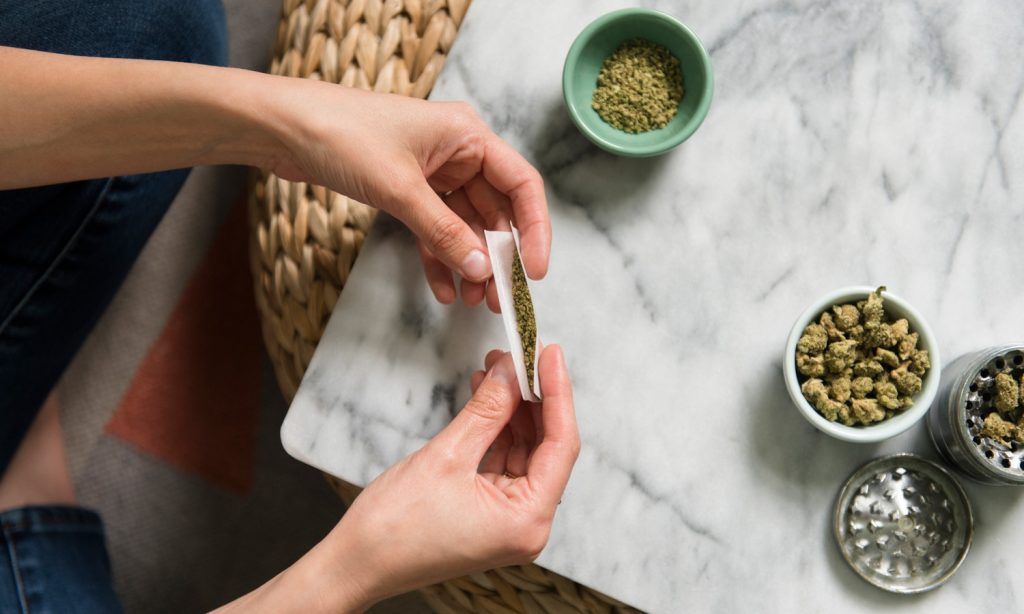
Marijuana Can Be Addicting – Here’s How To Spot The Signs Of A Cannabis Use Disorder
Years of research have shown that the marijuana plant offers far more benefits than side effects. The majority of people can use cannabis without becoming addicted to it. Still, it is possible to develop a marijuana addiction that can limit and harm people’s lives.
Cannabis use disorder (CUD) affects approximately 30% of marijuana users and affects their lives to an extent that affects their relationships and overall health.
Photo by Sharon McCutcheon via Unsplash
According to the Diagnostic and Statistical Manual for Mental Disorders (DSM-5), the manual used by psychologists to diagnose mental illness and disorders, a person must meet two of eleven requirements to be diagnosed with CUD. These are extensive and include cravings for marijuana, developing interpersonal problems due to cannabis use, or using the plant in a dangerous situation.
RELATED: Is Marijuana Addicting? Let’s discuss
Among marijuana users, teenagers are most likely to develop an addiction. Studies show the importance of understanding cannabis use among adolescents. Since her brain is still developing, heavy marijuana use could affect her future and the makeup of her brain.

Other factors that increase the chances of developing addiction to marijuana are people coping with mental illnesses such as depression and anxiety, as well as the influence of genetics.
RELATED: Research has found CBD effective in treating cannabis use disorders
Recognizing symptoms of marijuana withdrawal can be difficult. These include irritability, nervousness, aggression, insomnia, headaches and much more. People addicted to cannabis have experiences similar to those who are addicted to cigarettes, fidgeting or having to increase their dose over time to have the same experiences they used to have. As with all addictions, it is very likely that someone will have a problem if they struggle with their family or put themselves in dangerous situations because of marijuana.
RELATED: Is Cannabis Withdrawal Syndrome Real?
To treat this condition, it is important to stop using it for a period of time and monitor your body’s response to it. If you can’t go through a week or two without marijuana, you may need to get professional help from a psychologist or psychiatrist. Common treatments include the use of cognitive behavioral therapy (CBT), which is used as the first resource to treat various types of addiction.

Post a comment: